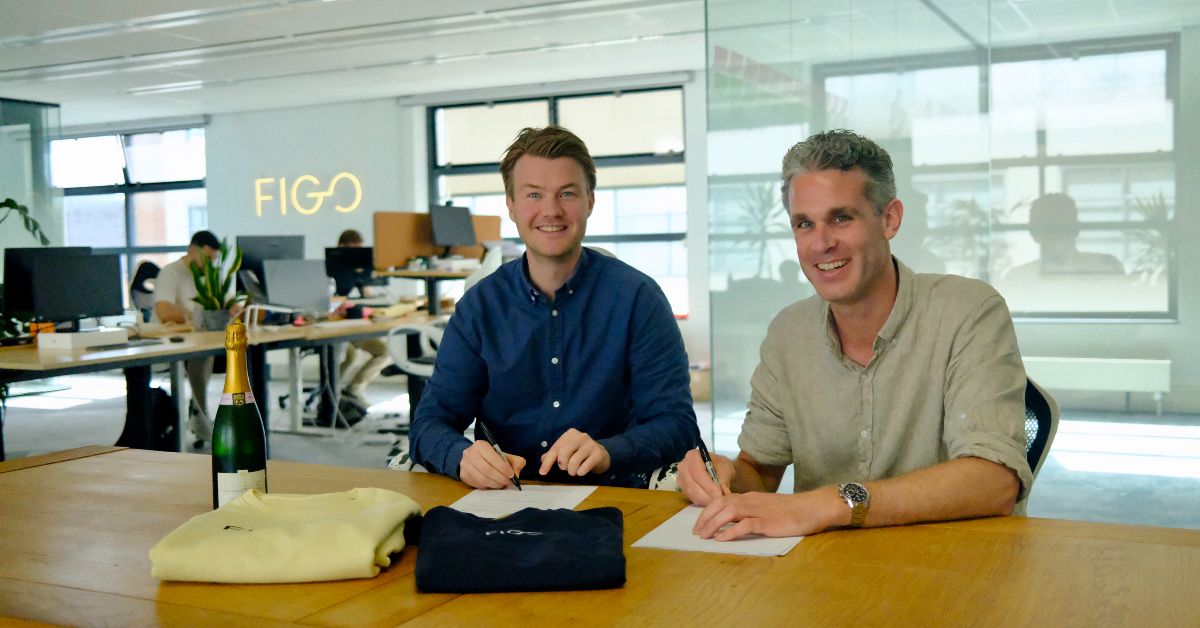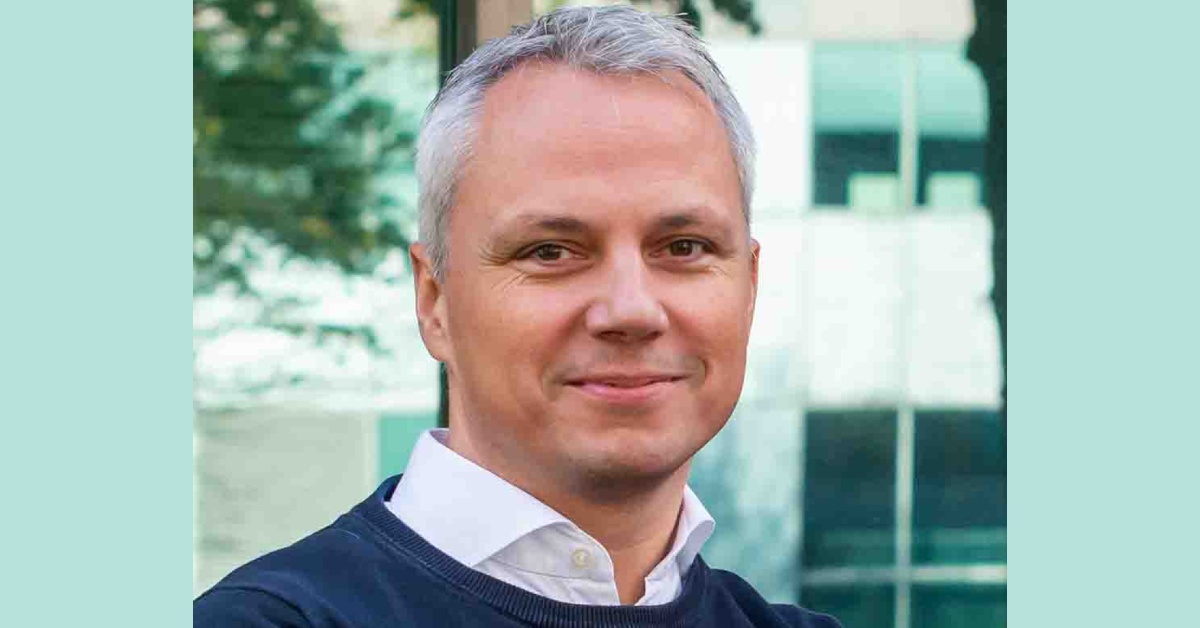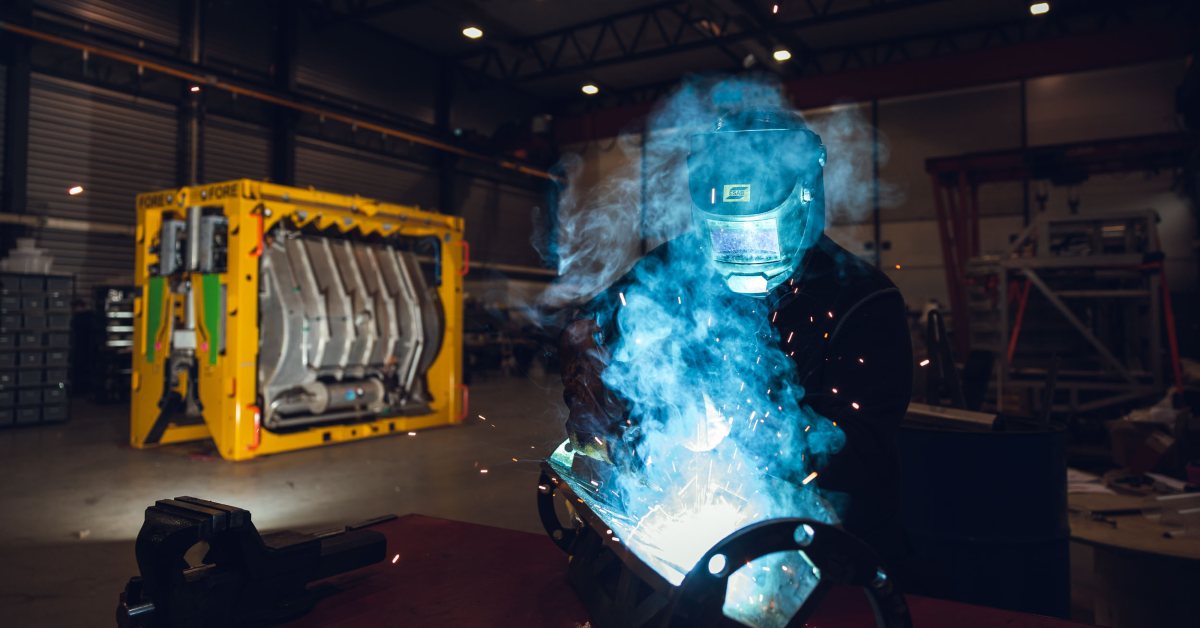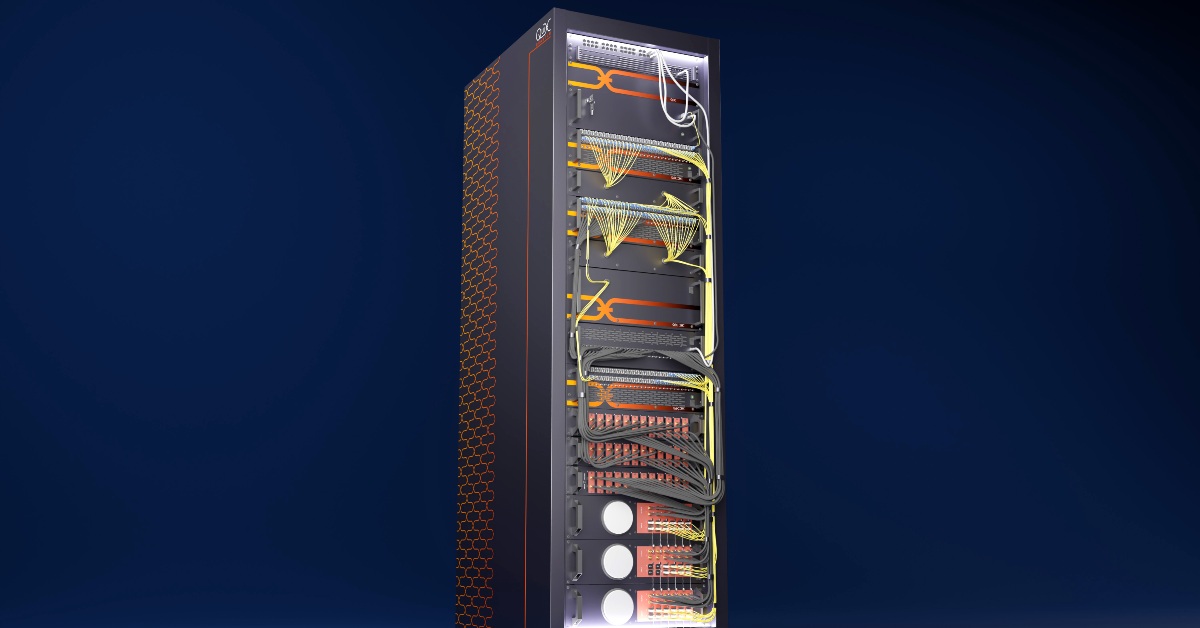Netherlands-based PHIX, an assembly and packaging services provider for the photonics industry, announced on Wednesday that it has raised €3M in a fresh round of funding.
Besides the funding, the Dutch company will also occupy a new building to support further industrialisation and scaling of photonic chip packaging in large volumes.
PHIX’s €3M funding is split between €1.5M in equity and €1.5M in loans for new equipment. Existing investors Oost NL and Innovation Industries participated in this round. PHIX has also obtained €20M from the National Growth Fund in the long term.
The funds will help PHIX to further develop its automated packaging capabilities and increase its capacity to support the rapid growth of its existing and new customers.
National Growth Fund
PHIX received €20M from the National Growth Fund as a cornerstone of the PhotonDelta integrated photonics ecosystem (Nationaal Groeifonds). According to a statement, a total of €1.1B will be invested in the photonics programme to build 200 businesses, scale up production, explore new uses for photonic chips, and improve talent and infrastructure.
PHIX plays a significant role in this effort by being in charge of the industrialisation of packaging and the assembly of photonic chips in support of the larger Dutch ecosystem. The €20M subsidy PHIX receives through the programme is a portion of a larger €40M expansion plan over the next five to six years, which will mostly be used to scale up manufacturing.
Ewit Roos, CEO at PhotonDelta, says, “One of the pillars of the National Growth Fund is the further industrialisation of the supply chain of photonic chips. PHIX has the people and technology needed to efficiently integrate various photonic and electronic technologies. PhotonDelta is, therefore, determined to continue to support PHIX and their growth ambitions.”
What does PHIX offer?
Founded in 2017, PHIX provides contract manufacturing and assembly services for microelectromechanical systems (MEMS) and photonic integrated circuits (PICs). The company builds optoelectronic modules based on all major PIC technology platforms, such as Indium Phosphide, Silicon Photonics, Silicon Nitride, and Planar Lightwave Circuit.
PHIX says it specialises in chip-to-chip hybrid integration, coupling to fibre arrays, and interfacing of DC and RF electrical signals. The company claims to provide a one-stop-shop for PIC and MEMS assembly, from design to volume production.
The Dutch company’s production facility is located at the High Tech Factory in Enschede, the Netherlands.
In just a few years, the company has managed to establish itself as one of the world leaders in the integrated photonics ecosystem. “As the volumes of PICs are increasing, we are preparing for the next phase of growth to support our customers and the further industrialisation of PIC-based technologies in Europe,” says the company.
Integrated photonics packaging
Photons serve as the energy and data carriers of photonic integrated circuits (PICs), which are electronic chips. They can offer even more compactness, faster processing, and less power consumption than electronic integrated circuits (ICs). These photonic chips, sometimes called ASPICs (application-specific photonic integrated circuits), have a wide range of uses. LIDAR systems in autonomous vehicles, medical scanners, and quantum processors are a few examples.
Even though PICs can house a lot of functionality on a small surface, a PIC by itself is not a functional product yet. To make it become a part of a photonics-enabled module, it needs to be connected to components like optical fibres, other PICs, cooling solutions, and electronics. The design and manufacturing of the package in which these connections are made is the core business of PHIX.
Relocation to a new building
PHIX reports that it will relocate to a new building in the Enschede Kennispark in the first quarter of 2023 to allow increased industrialisation and scalability of activities. A minimum of 600 square metres of production facilities and 600 square metres of auxiliary workspaces will be added to the 1800 square metre building on Hengelosestraat, with potential for growth.
To provide the best working conditions for the various stages of photonics assembly, the production facilities will have cleanrooms that are up to ISO 5 standards.










01
From telecom veteran to Dutch Startup Visa success: The Jignesh Dave story